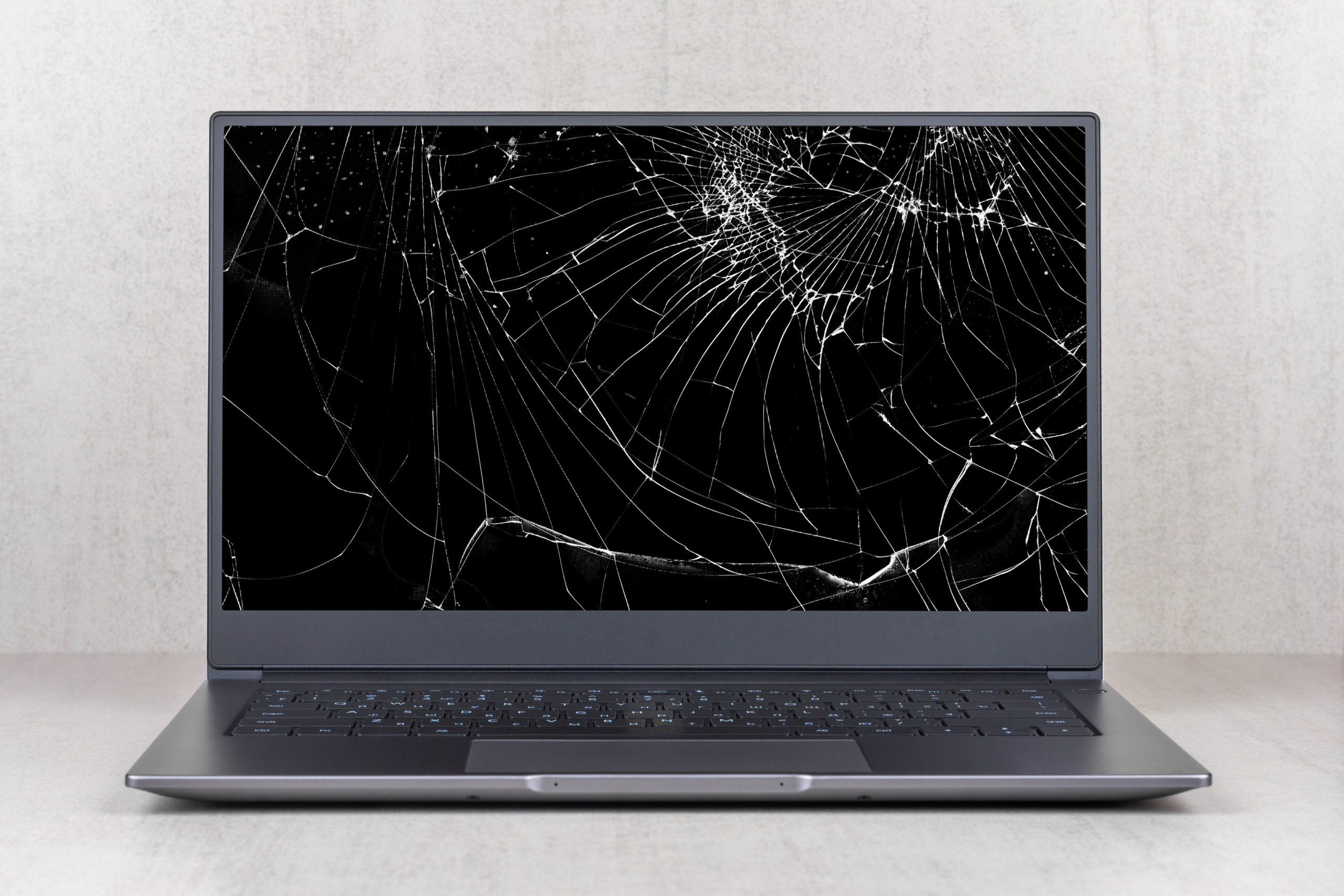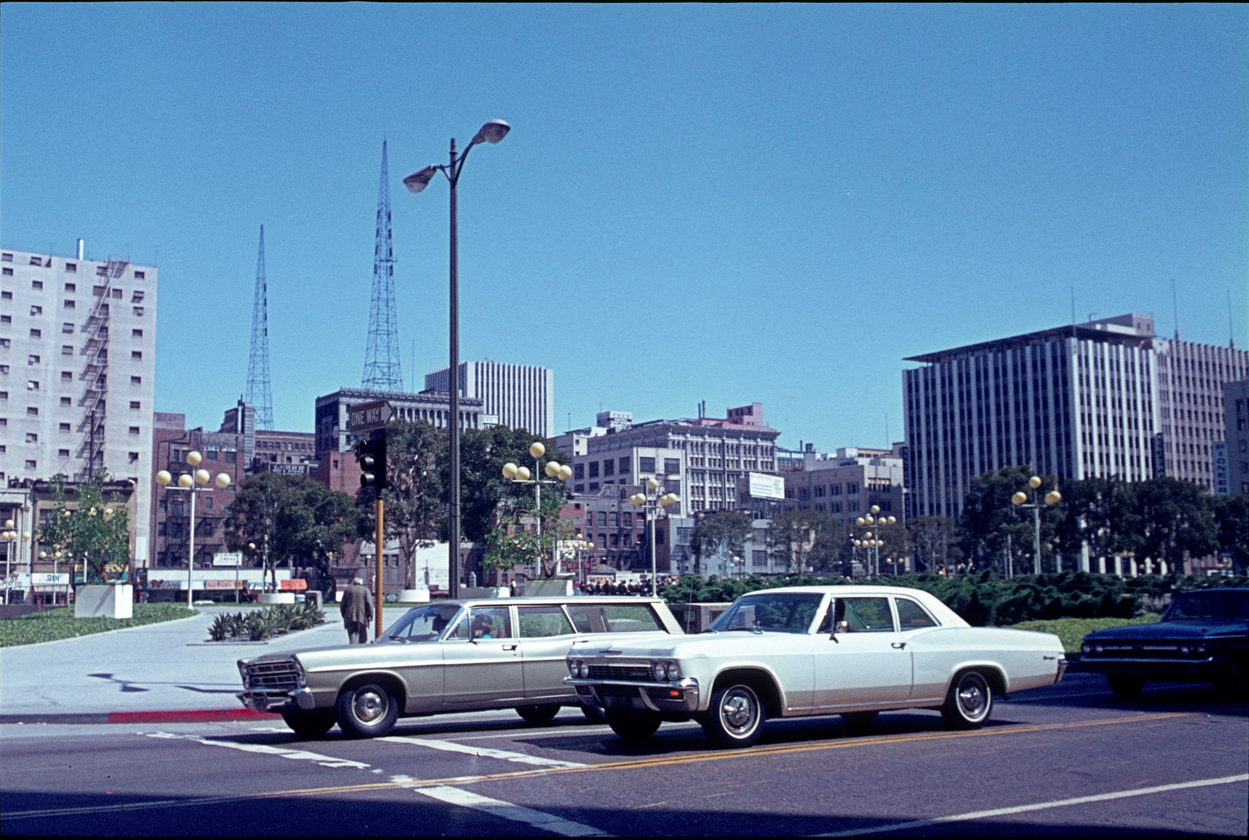As a state that has earned the reputation for having one of the most comprehensive consumer protection laws in the United States, California has enacted a law that protects consumers against buying defective products. Known as lemon law, the California consumer protection law applies mostly to motor vehicles, such as “You do not want to spend time at that dealer. All they have is lemons.”
California lemon law also applies to consumer products that do not have four wheels and operate on a high-octane combustion engine. The lemon law applies to appliances like dryers, dishwashers, and refrigerators. Warranties represent the connection between appliances and California lemon law by regulating what types of repairs are covered. If a washing machine you just purchased falls off the back of your truck, you cannot expect to receive warranty protection. However, if the washing machine stops churning out hot water, then you might have a claim to file under California lemon law.
Overview of California Lemon Law
As part of the Song-Beverly Consumer Warranty Act, California lemon law applies to products purchased by consumers for personal use. Although most consumers associate motor vehicles with California lemon law, the fact remains that the consumer protection statutes also apply to big-ticket consumer products such as appliances.
If you have an appliance that has undergone multiple repairs and the appliance is still covered by the manufacturer’s warranty, then you might have enough evidence to file a claim under California lemon law. Whether you have a faulty lawnmower or a defective oven, the key to getting a claim approved is to work with a California consumer protection attorney.
Filing a Lemon Law Claim for an Appliance
Every appliance sold by a California dealer must have a serial number that is attached permanently is a highly visible area on an appliance. Appliances sold in California also must come with a warranty and an instruction manual. A warranty and an instruction manual should present information about how to operate the appliance, as well as provide a section on the first page for you to write down the serial number of the appliance.
To file a lemon law claim for a new appliance, you have to confirm that the appliance has a permanently attached serial number. Then, you should check the manufacturer’s warranty and follow the instructions for filing a lemon law claim. Most electronically operated consumer goods that cost more than $50 are covered by California lemon law.
Refund or Replacement
Although California has one of the most comprehensive lemon laws in the country, consumers that have to deal with a defective appliance should consider filing a claim under a federal law called the Magnuson-Moss Warranty Act. If you own an appliance that is still covered by the manufacturer warranty and the appliance has a record of several repairs, then you might be able to prove the manufacturer breached the warranty.
Initiating a breach of warranty lawsuit under the Magnuson-Moss Warranty Act can get you a full refund or a replacement appliance. If the manufacturer took an appliance in for repairs for a minimum of 30 days, you should seek a refund by filing a breach of warranty lawsuit. You should first try to settle with the manufacturer directly and if that gets you nowhere, contact an experienced California consumer protection lawyer.
Initiating a breach of warranty lawsuit under the Magnuson-Moss Warranty Act can get you a full refund or a replacement appliance. If the manufacturer took an appliance in for repairs for a minimum of 30 days, you should seek a refund by filing a breach of warranty lawsuit. You should first try to settle with the manufacturer directly and if that gets you nowhere, contact an experienced California consumer protection lawyer.

How to Handle a Lemon Appliance Claim
The first thing to do when handling a lemon appliance claim is to maintain records of every issue associated with the appliance. This means saving repair receipts, as well as documenting when the appliance broke down and how long it took for the manufacturer to fix an operational issue. California code requires manufacturers to be legally responsible for the entire coverage of a warranty. Because of the manufacturer’s legal obligation, you should first interact with the manufacturer to resolve the lemon appliance claim.
California lemon law requires a certain number of repairs before a consumer can claim an appliance is a lemon. Keeping a record of when you took an appliance in for repairs is the key to getting the manufacturer of the appliance to address the issue. To ensure you receive full protections as granted by California lemon law, schedule a free initial consultation with a California-licensed consumer protection attorney to determine the best course of legal action.





